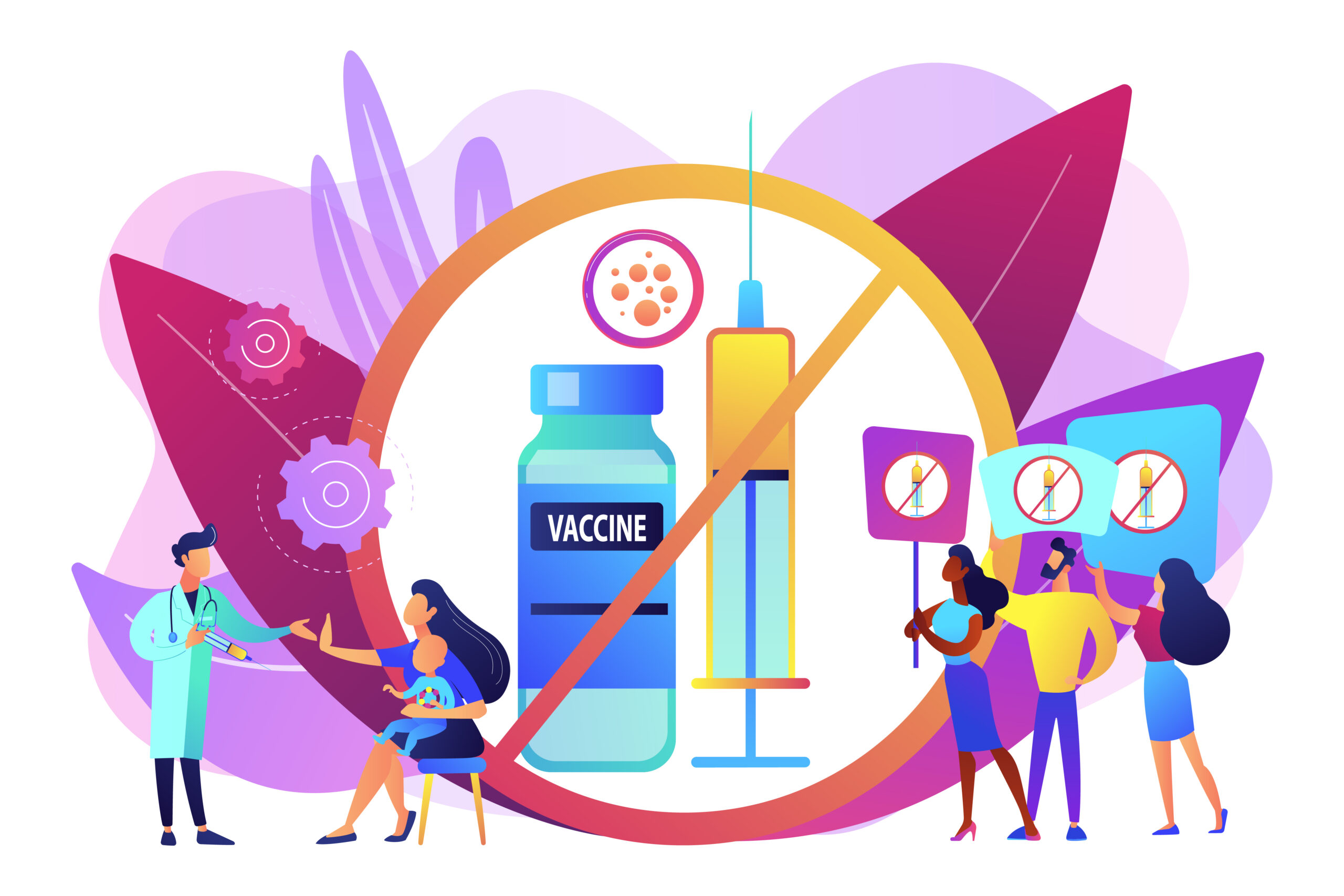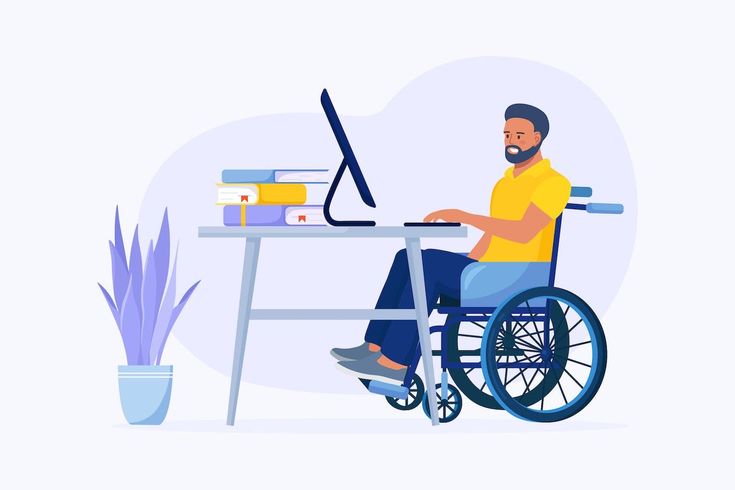By Alex Maina
The Ministry of Health in Kenya launched a nationwide vaccination campaign on July 5th aimed at improving child health and preventing common infectious diseases. As part of this effort, the government is providing two key vaccines at no cost: the Typhoid Conjugate Vaccine (TCV), for children ages 9 months to 14 years, and the Measles-Rubella vaccine, for children ages 9 to 59 months. These vaccines are being administered in public health facilities and directly in schools to make them accessible to families across the entire country.
While the program’s goal is noble, aiming to protect as many children as possible, its implementation has sparked different emotions and reactions from parents and guardians. On community platforms like WhatsApp groups, discussions have centered on safety, timing, and information about these vaccines. Parents are expressing concerns, asking questions, and sharing personal stories, showing the need for clear communication and community involvement in such public health efforts.
In Kiplombe Ward, one of the active community forums, the Kiplombe Family WhatsApp Group parents engaged in a lively and honest discussion. While many appreciated the government’s effort, others voiced their concerns, fears, and suggestions based on past experiences and local realities. Here are some of the reactions.
“It’s a good initiative, but mimi naogopa kukua on the frontline.”
(A parent expressed support but was hesitant to let their child be among the first vaccinated.)
“I hope there’s a follow-up after vaccination. Sometimes our kids get side effects, and no one is there to help.”
(This highlights a need for proper post-vaccination monitoring and quick response mechanisms.)
“Sisi tuko interior, shule za huku zitaachwa ama watafika?”
(A concern was raised about whether remote or rural schools will also receive the vaccination services.)
“Ningeomba serikali iweke info mapema, si saa ya kuchanja ndiyo watu wanapata news.”
(A parent requested that communication and sensitization be done early so that parents are aware and prepared.)
“Side effects zikisemwa mapema inasaidia. Tujue cha kufanya tukiona symptoms.”
(A call for transparency, parents want to know about possible side effects in advance so they know how to react.)
Many parents support and appreciate health programs, but they still want transparency, early information, and assurance in how vaccines are given. From the conversations, it’s clear that trust grows when parents are involved, informed, and supported. Clear communication about possible side effects and proper follow-up helps build that trust. Involving experts and addressing concerns openly will make such health programs more effective and acceptable to families in the community.






